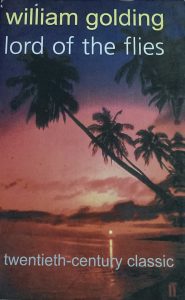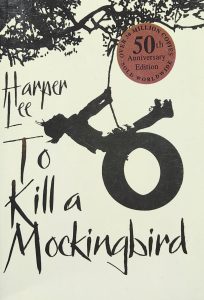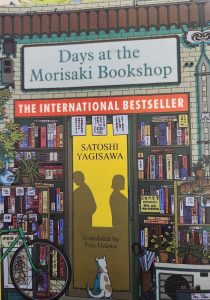Table of Contents
 Book Review
Book Review
Lord of the Flies by William Golding begins at the dawn of World War II, when a plane carrying a group of schoolboys crashes on a remote, uncharted island. With no adults to supervise them, the boys initially rejoice in their newfound freedom, forming their own society to manage survival tasks like maintaining a rescue signal fire, hunting, building shelters, and establishing rules.
What starts as an adventurous attempt at self-governance soon unravels. As egos clash and order collapses, the boys descend into chaos, revealing the darker side of human nature. The story raises chilling questions: how far can humans fall without societal structure? Will they be rescued before it’s too late?
You should read Lord of the Flies to witness the gripping transformation of innocence into savagery. Characters like Ralph, Piggy, Jack, Simon, and Roger represent different aspects of society, morality, and power. Suspense builds with eerie howls, talk of monsters, mysterious disappearances, and even murder.
The title refers to “Beelzebub,” another name for the devil—symbolizing the inner darkness that emerges when civilization disappears. The boys’ creation of a cult-like worship reveals their desperate need for order, even in its most brutal form.
This novel explores deep themes: civilization vs. savagery, individual vs. community, and good vs. evil. It’s a powerful psychological study of what happens when structure disappears and primal instincts take over.
William Golding, who later won the Booker Prize (1980), Nobel Prize in Literature (1983), and was knighted in 1988, crafts a haunting and unforgettable narrative.
If you enjoy dark mysteries, psychological thrillers, or stories that question human nature, Lord of the Flies is a must-read.

Book Review
Lord of the Flies by William Golding begins at the dawn of World War II, when a plane carrying a group of schoolboys crashes on a remote, uncharted island. With no adults to supervise them, the boys initially rejoice in their newfound freedom, forming their own society to manage survival tasks like maintaining a rescue signal fire, hunting, building shelters, and establishing rules.
What starts as an adventurous attempt at self-governance soon unravels. As egos clash and order collapses, the boys descend into chaos, revealing the darker side of human nature. The story raises chilling questions: how far can humans fall without societal structure? Will they be rescued before it’s too late?
You should read Lord of the Flies to witness the gripping transformation of innocence into savagery. Characters like Ralph, Piggy, Jack, Simon, and Roger represent different aspects of society, morality, and power. Suspense builds with eerie howls, talk of monsters, mysterious disappearances, and even murder.
The title refers to “Beelzebub,” another name for the devil—symbolizing the inner darkness that emerges when civilization disappears. The boys’ creation of a cult-like worship reveals their desperate need for order, even in its most brutal form.
This novel explores deep themes: civilization vs. savagery, individual vs. community, and good vs. evil. It’s a powerful psychological study of what happens when structure disappears and primal instincts take over.
William Golding, who later won the Booker Prize (1980), Nobel Prize in Literature (1983), and was knighted in 1988, crafts a haunting and unforgettable narrative.
If you enjoy dark mysteries, psychological thrillers, or stories that question human nature, Lord of the Flies is a must-read.
Book Review
At the dawn of the World War II when a plane carrying young schoolboys’ crashes on uncharted island.
These boys realized that there is no adult for supervision, they celebrated their newly acquired freedom. Gradually they made their own society for doing various work like igniting the fire for rescue signals and to make sure that it is up all the time. Other work like hunting, building huts, maintaining law and order etc.
But latter when the system collapses due to ego clashes how sins and evil behaviour of human being takes over and whether they are rescued or not.
Why should you read this book?
- “Lord of the Flies” is a story of Ralph, Piggy, Jack, Simon, Eric, Roger, Sam which begins as adventure of roller-coaster to survive on remote island.
- Strange things started to happen howling at night, sighting of monster, disappearance and murder which always built-up suspense.
- How greed for power overcomes the important fact of getting rescued.
- Title of Lord of the Flies is referred to Beelzebub which is the other name of devil this relevant because as story further moves children loses their innocence and they become more savage and eviler they seek a symbol or God to worship which led to in formation of cult.
- To know how humans behave when there is no society. Its is a Fight of savage v/s civilization, Individual v/s community and Evil v/s Good.
- William Golding (author of book) won Booker prize for his book Rites of Passage in 1980. He has also won Noble prize for literature in 1983 and he was knighted in 1988.
- In all you might enjoy the “Lord of the flies” if you love mystery.
What I don’t like about this book?
- While reading I lost plot many times as some dialogues are difficult to understand and sometimes characters disappeared abruptly.



